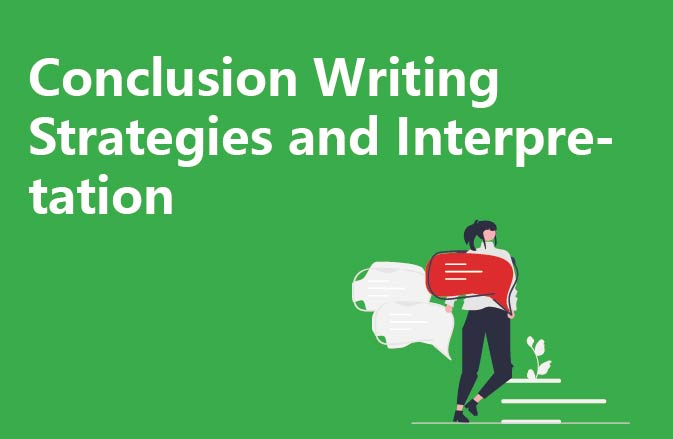In the process of academic research, writing a conclusion is an essential skill for every scholar. This seems to be an unusual link, but it is the key in the article and even in the academic evaluation. In this paper, we focus on how to accurately construct a conclusion and realise its strong persuasive power.
Firstly, clearly express the research objectives
At the beginning of the conclusion section, the topic of the research should be directly revealed. A concise and clear expression helps to understand and remember the research content.
Second, refine the theme to ensure logic
Immediately after that, the topic needs to be summarised. The reasons why the ideas have been selected to support the conclusion need to be detailed in an organised manner. In this way, the thinking process can be made clearer, easier to understand and accept, and the conclusions can be made more persuasive.
Third, foresee the future, establish a vision
The conclusion should also foresee the future development trend. A clear vision of the future not only elevates the study to a new level, but also lays the foundation stone for future related studies.
Lastly, the concluding sentence should be given as a reference
What makes a good conclusion? Here are a few examples of concluding paragraphs to help.




